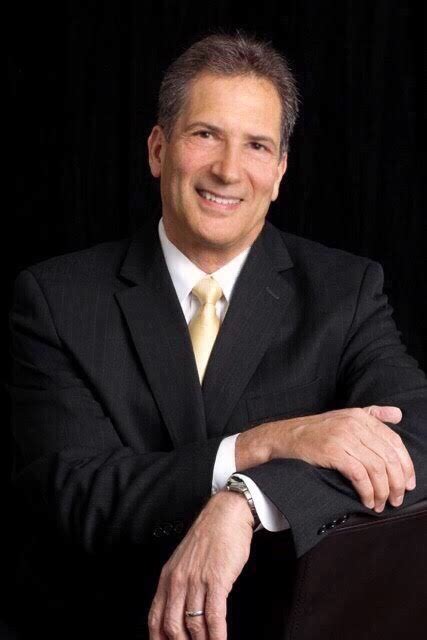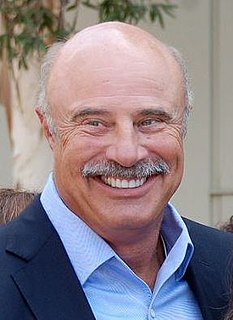A Quote by Laozi
Hope and fear are both phantoms that arise from thinking of the self. When we don't see the self as self, what do we have to fear?
Related Quotes
Success is as dangerous as failure.
Hope is as hollow as fear.
What does it mean that success is a dangerous as failure?
Whether you go up the ladder or down it,
you position is shaky.
When you stand with your two feet on the ground,
you will always keep your balance.
What does it mean that hope is as hollow as fear?
Hope and fear are both phantoms
that arise from thinking of the self.
When we don't see the self as self,
what do we have to fear?
See the world as your self.
Have faith in the way things are.
Love the world as your self;
then you can care for all things.
How does one get rid of fear? Ramana: What is fear? It is only a thought. If there is anything besides the Self there is reason to fear. Who sees things separate from the Self? First the ego arises and sees objects as external. If the ego does not rise, the Self alone exists and there is nothing external. For anything external to oneself implies the existence of the seer within. Seeking it there will eliminate doubt and fear. Not only fear, all other thoughts centred round the ego will disappear along with it.
Be your authentic self. Your authentic self is who you are when you have no fear of judgment, or before the world starts pushing you around and telling you who you're supposed to be. Your fictional self is who you are when you have a social mask on to please everyone else. Give yourself permission to be your authentic self.









































